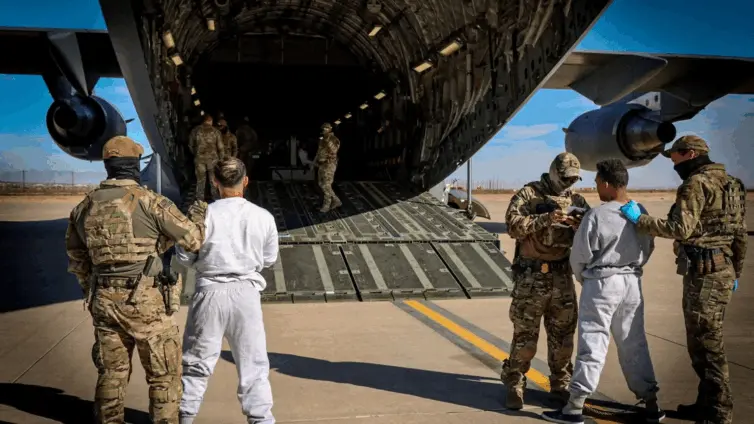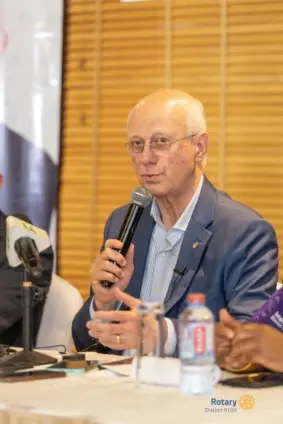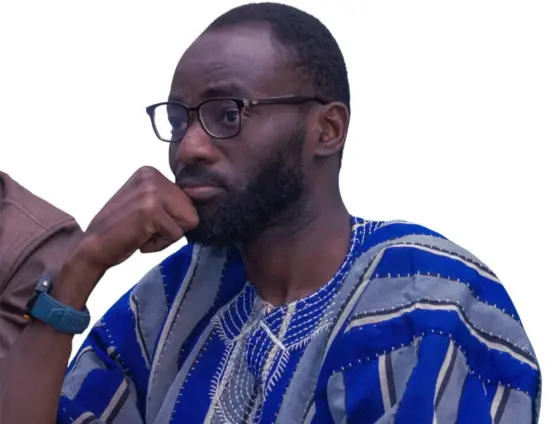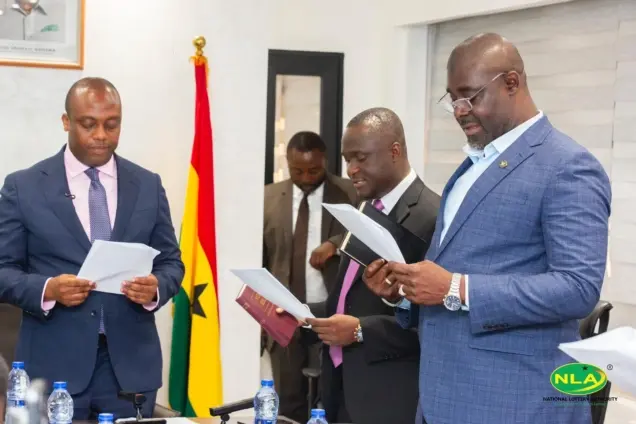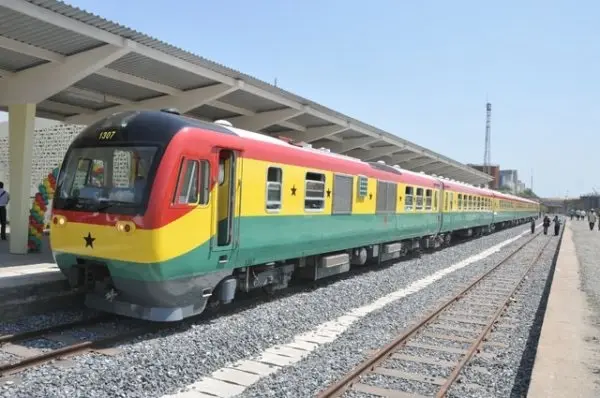Next week, South African President Cyril Ramaphosa will arrive in Washington D.C. for a highly anticipated meeting with U.S. President Donald Trump, a moment seen by many as critical for the future of US-South Africa relations. Scheduled for May 21st, the visit offers an opportunity to address pressing issues and potentially “reset the strategic relationship between the two countries,” according to a statement from Ramaphosa’s office. Yet, beneath the surface of diplomatic niceties lie strained relations, simmering from disagreements over South Africa’s approach to land reform and its recent legal actions on the international stage. The question on many minds is whether this meeting can truly bridge the divide between South Africa and the U.S., or if deeper tensions will continue to define their partnership.
The agenda for the meeting is expected to be broad, encompassing bilateral, regional, and global issues of mutual interest. As stated by Ramaphosa’s office, the discussions will provide a platform to address key challenges and opportunities facing both nations. Potential topics include strengthening bilateral relations, enhancing security cooperation, and coordinating diplomatic strategies across Africa and beyond. Observers suggest that both leaders will likely seek common ground on issues such as counter-terrorism, promoting economic growth, and addressing climate change, despite differing approaches.
Ramaphosa’s visit presents a crucial opportunity to redefine the strategic relationship between the two nations. A successful meeting could lead to increased collaboration on key issues and a more stable foundation for future engagement. However, the path to resetting relations is fraught with challenges, requiring open dialogue and a willingness to find common ground despite existing disagreements. The stakes are high, as the US and South Africa both play significant roles in shaping regional and global dynamics.
However, several points of contention threaten to overshadow the potential for reconciliation. “Relations between South Africa and the U.S. have soured significantly since Trump returned to the White House in January,” notes one analyst, pointing to a series of policy clashes. These include Trump’s administration’s cuts in U.S. financial assistance to South Africa, triggered by concerns over the country’s land reform policies. The U.S. government has expressed reservations about the potential impact of these policies on property rights and economic stability. Further straining relations is South Africa’s genocide case against Israel at the International Court of Justice (ICJ), a move that has drawn criticism from some quarters in the U.S. In a particularly controversial move, the Trump administration granted refugee status to 49 white South Africans, a decision viewed by many in South Africa as an unwarranted intervention in the country’s domestic affairs. President Ramaphosa responded to these actions, stating that the U.S. government “has got the wrong end of the stick.” These disagreements highlight the complexities of the US-South Africa relations and the challenges facing both leaders as they seek to find common ground.
Despite these challenges, the economic ties between the U.S. and South Africa remain a vital component of their relationship. The United States stands as South Africa’s second-largest bilateral trading partner, trailing only China. This robust trade relationship supports jobs and investment in both countries. Discussions during the meeting are expected to focus on potential trade agreements and investment opportunities that could further strengthen this economic partnership. Both leaders recognize the importance of fostering a stable and predictable trade environment that benefits businesses and consumers alike. Increased investment and trade could serve as a catalyst for economic growth and development in South Africa, while also providing opportunities for American companies to expand their presence in the African market.
President Ramaphosa’s visit to meet President Trump represents a critical opportunity to navigate the complexities of the US-South Africa relationship. While disagreements persist on issues such as land reform and international legal matters, the potential for open dialogue and a renewed focus on shared interests remains. This meeting could pave the way for stronger economic ties and a more collaborative approach to regional and global challenges. The outcome of this visit will be closely watched as both nations seek to find common ground and redefine their strategic partnership. Is a genuine “reset” truly possible, or will existing tensions continue to shape the future of US-South Africa relations?
Image Source: MYJOYONLINE











